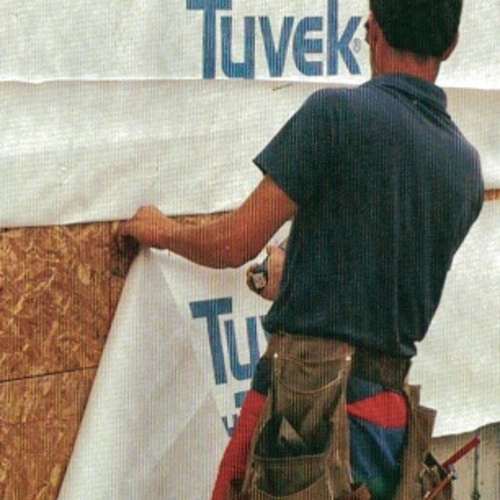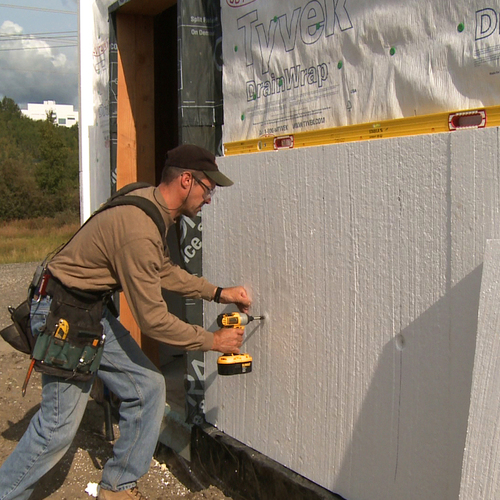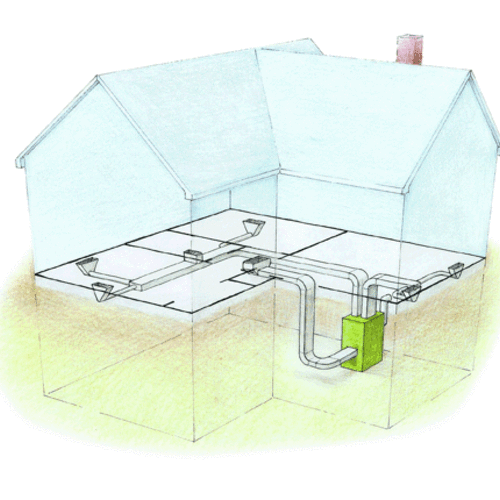
This article is only available to GBA Prime Members
Sign up for a free trial and get instant access to this article as well as GBA’s complete library of premium articles and construction details.
Start Free TrialAlready a member? Log in
The complete source for building, designing, and remodeling green homes

Sign up for a free trial and get instant access to this article as well as GBA’s complete library of premium articles and construction details.
Start Free TrialAlready a member? Log in
Get building science and energy efficiency advice, plus special offers, in your inbox.




Do you really want to delete the list, ?
This won't delete the articles you've saved, just the list.
This feature has been temporarily disabled during the beta site preview.
0 Comments
Log in or become a member to post a comment.
Sign up Log in